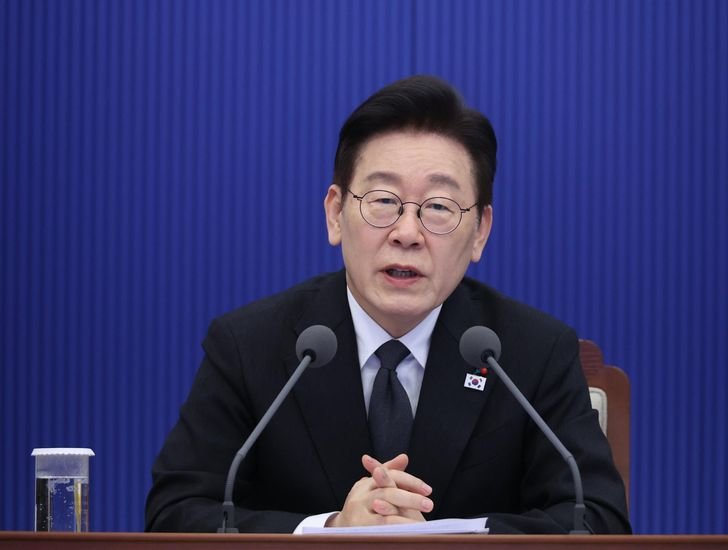Beijing, July 31, 2024, The Europe Today: The Communist Party of China (CPC) leadership convened a meeting on Tuesday to analyze the current economic situation and establish priorities for the second half of the year. Xi Jinping, general secretary of the CPC Central Committee, presided over the meeting of the committee’s Political Bureau.
According to an official statement released after the meeting, China’s economy has been generally stable and has made progress since the beginning of the year. The country has maintained the momentum of economic recovery and has moved swiftly to foster new growth drivers and competitive edges.
China’s GDP expanded by 5 percent year-on-year in the first half of 2024. Despite this growth, the country faces adverse impacts from changes in the external environment, and effective domestic demand remains insufficient. The statement also highlighted various risks and potential dangers in major sectors, as well as challenges associated with the transition from traditional to new growth drivers. However, these issues are viewed as part of the ongoing development and transformation process.
The meeting emphasized the need to raise awareness of risks, prepare for worst-case scenarios, and maintain strategic resolve and confidence in the country’s development. Acknowledging the arduous tasks of reform, development, and maintaining stability in the second half of the year, the meeting underscored the importance of pursuing progress while ensuring stability. Efforts should be made to foster new quality productive forces in accordance with local conditions, strengthen macroeconomic regulation, and tap into the potential of domestic demand.
The CPC leadership reiterated the importance of accomplishing this year’s economic and social development goals, with China having set its annual GDP growth target for 2024 at around 5 percent.
The meeting stressed that reform should be the driving force in promoting steady growth, making structural adjustments, and mitigating risks. It called for the timely adoption of ready, tangible, and attainable reform measures. Additionally, work should be done to refine the systems underpinning the market economy, including those related to property rights protection, market access, and enterprise bankruptcy and market exit.
Macroeconomic policies should be more effective, the statement said. Efforts should be made to strengthen counter-cyclical adjustments, accelerate the issuance and usage of special bonds, and promote large-scale equipment upgrades and trade-ins of bulk durable consumer goods.













